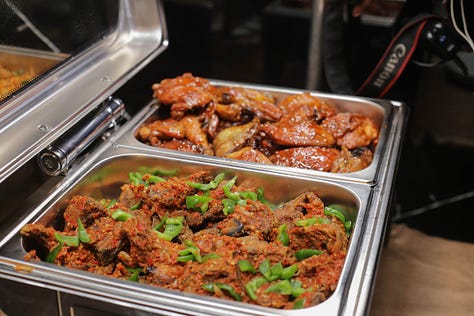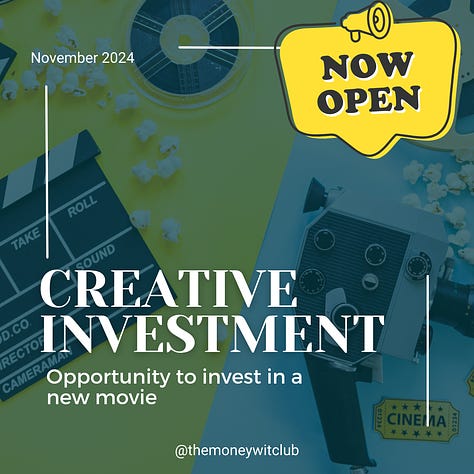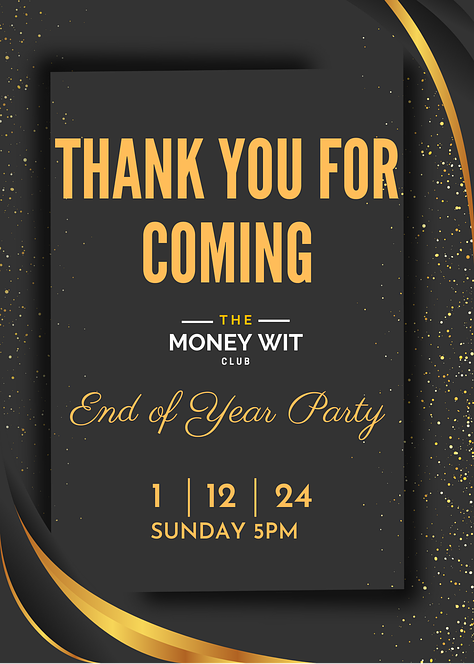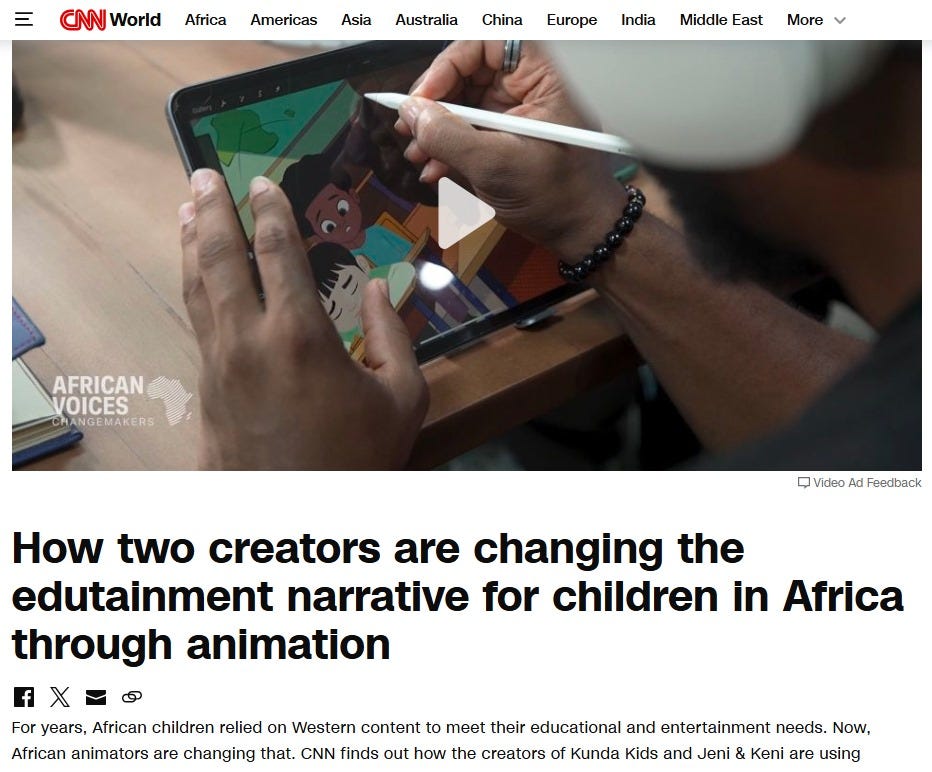Global News: Canadian Consumer Insolvencies Just Saw A 2009-Like Growth Surge.
CBN ends three free monthly ATM withdrawals for customers using other banks’ ATMs.
Canada has some of the most highly indebted households in the world, and they may be approaching their breaking point. Office of the Superintendent of Bankruptcy (OSB) data shows December was one of the busiest in years for consumer insolvencies.
Our thoughts
This surge in Canadian consumer insolvencies is a clear signal to economic distress amongst individuals. Even though the Bank of England has come to a point where they are reporting and cutting rates to try and spore the economy,
this data that has just been released is a reflection of the state of things amongst individuals.
For our own understanding, consumer insolvency is divided into two. One where consumers are applying for restructuring of their debt, so changing the payment plan would be still on the asset, and the other where people are filing bankruptcy where they would lose the asset and still have to pay, repay the debt or the obligation.
So what does this mean for everyone in Canada? First of all, it tells us something. It shows us that revenue is not growing as high as it should, and so the high-debt bond. What can we take out of this data? Number one, people are struggling on the high debt levels and this is majorly caused by the previous high interest rate environment, which was driven by United States policy. Higher inflation, which will be made worse by tariffs when increased and the fact that salaries are not growing at the same rate of the increase in prices.
Two, it could be an indication that there might be a recession on the way because once consumer spending is affected and there's rising unemployment or financial stress, GDP will begin to slow down. So even though The Bank of Canada is declaring this GDP, the fact is that this shows that we might actually begin to see a slowdown in economic growth. Another thing to look out for is that the housing market is probably going to be at risk. When people are struggling to pay off debt, one of the largest debt obligations in people's expenses is their mortgage. So the moment people begin to struggle, then it can be a case where people might begin to fore sell their property. And this could put a direct pressure on home prices, right? And then another thing that we could see, and the final thing is that if individuals can't pay debt, then they might not be able to spend as much. This means that small and medium-sized businesses may see a decline in revenue.
As individuals who are in the Canadian economy or impacted or connected to the Canadian economy what should you be doing? I think the first thing is to have a backup because if there is any recession there could be job losses so have a backup ,have some cash reserve and start building it as quickly as possible. avoid new debt at this point, prioritize paying down the highest interest debt ,stay away from credit cards and as much as possible increase your income streams because the economy is not looking good especially with the tariffs coming from America and this data is without the impacts of the tariffs that are being proposed,
But what do we think would happen? What do you think the Bank of Canada would do in response? One is to keep cutting rates. This might be harder and less felt because the news out of America is that the likelihood of the feds cutting rates is going to keep getting lower and lower because inflation is rising in America. And with the tariffs being proposed (America is going to slam people with tariffs and then these ones are going to respond back with their own sort of tariffs), and the general increase in tariffs across borders, US inflation would go up some more and makes it less likely that America would cut rates and if Canada cuts their rate and America keeps their rate high then the Canadian dollar would devalue and if Canada buys a lot from America and their currency devalues, it would result in inflation and then it would look like double Jeopardy.
While on its own The Bank Of Canada should respond by cutting rates, It would be hard to do so if Big Brother America doesn't do so. For a country like Canada, the government would try to intervene with financial and relief programs and there might be change in their political direction just in an attempt to redirect things or find another direction
In summary, if you are in the Canadian economy, connected to the Canadian economy, spending the Canadian dollar, then we need to be mindful of the things that may be coming, access your own situation and know your risks as much as possible.
African News: Central African Republic Joins Crypto Race with $CAR Meme Coin Debut.
The Central African Republic has introduced the $CAR meme coin, marking its entry into the growing trend of meme-based digital currencies.
Our Thoughts
Before we actually analyze the story, what use is a meme coin?. A meme coin is a cryptocurrency that originates from internet jokes, mems, or cultural trends, and do not have a strong underlying technology of these keys. They are highly speculative.
They are driven by hype, or trends, or influencer endorsements, rather than an actual need for the coin, such that when you consider the very popular meme coins like Dogecoin or Shiba Inu, you would need to look at what made those coins. You would see that they were driven by community, and they are very high risk and they are very susceptible to pump and dump, such that when a country decides to create a meme coin, they have to pause and think.
I'm not entirely sure if it is kind to laugh at people's attempts. My first response at this news was to laugh, the reason being that meme coins in particular, and we are actually driven by community and they need a broad base of influencers or followership for it to actually gain traction. If we even consider Donald Trump's meme coins, and the trend, you'd see that you need a lot more social capital than the average for you to pull meme coins stunts successfully, such that Central African Republic, one of the world's poorest countries, deciding to do this route, the positioning needed to be different.
An as the world's poorest country, they could have done a PR positioning around this so that people out of compassion would consider buying coins as a way of contributing to the economy. Our summary is that it would have been surprising if these could work and grow, but we will give A for attempt.
Nigerian News: CBN ends three free monthly ATM withdrawals for customers using other banks’ ATMs.
The Central Bank of Nigeria (CBN) has announced a major revision to its Automated Teller Machine (ATM) transaction fees, effectively eliminating the three free monthly withdrawals previously granted to customers using other banks’ ATMs.
Our thoughts
The Central Bank announced a change in structure for withdrawals from ATMs. Before we go into the changes, let's go back a bit. This year, Central Bank slammed a couple of banks with 150million fine for not making cash available in their ATMs. Why did they do that? Because they realized that banks or their staff were dealing with POS operators such that people were forced to get cash from POS operators because ATMs would not have cash. However, what you would find is that ATMs would not have cash but POS operators were always liquid.
so Central Bank, fined banks for doing that and not making cash available. As for now, the Central Bank has been built on that structure by saying that previously, for the first three withdrawals, from the third party ATM would be free, and then you would pay 65 Naira per withdrawal. However, they have now changed that to 100 per withdrawal plus an additional charge, which is subject to the bank's decision on what the charge would be.
Thoughts? It is good that they put the chicken before the egg by slamming banks to ensure that there is ATM machines have consistent cash all the time. To put it into context, the number of transactions that would make the bank make 150 million of ATM withdrawals is significant when you compare that to the 65-naira. This would be N 2,307,692.31. Now, if you consider the fine and the fact that central bank is happy to do it again, understand that plan is going to sit up and ensure that the ATMs have cash.
Also understand that when you put your card in the ATM and it declines, there's usually a reason, Such that CBN can actually track all the ATM withdrawals from a central piece. They can actually pull out the report and know if your bank folded such that banks cannot run and so with the introduction of a fine, they are obligated to always make sure to a very large extent that there's cash in the ATM machines. So that's good for everyone.
Now, back into this new fee arrangement. It appears that this is supposed to be soft landing for banks in terms of the ability to generate revenue from ATM withdrawals that are not for their clients, what is a little worrisome is the additional surcharge which is a cap of 500 that is subject to the bank's decision. Going by precedence, It would have been better if the central bank set that fee or made a clear guidance on how that fee would be charged as against leaving it to the discretion of banks because it really doesn't make sense for me to withdraw for example N500 and pay N100 plus N300 in fees because of the mood of a bank. This adds some additional friction to the process. However, from a data perspective, this should be cheaper than going to a POS operator to withdraw cash as is the current practice and I suspect that's the basis for the computation of fee saying that it's already been paid but in fairness, it also appears that we are adopting what's already in practice in developed countries where ATM withdrawals are not free.
Should we be adding this to the lists of additional costs individuals need to pay? That's up for debate. I don't think this would have a significant impact on the financial status of individuals. However this would be implemented on March 1. The major thing to highlight here is that central bank is trying to fix the whole need for Nigerians to buy Naira. We would see if there would be a kick-back on this and how it goes.
What’s happening at the Money Wit Club…..












<
Did you enjoy reading this? Help spread the message by forwarding to at least 10 of your contacts.
Was this email forwarded to you? Subscribe here.
We host weekly money discussions live on our YT channel… visit our channel
Want to advertise with us? Email business@oleroladele.com
Big News- One of Our Portfolio Companies Kunda Kids is on CNN.
At the Money Wit Club, We provide you with opportunities to invest in high-value companies with potential to help you yield the highest returns on your investments. Watch full interview here
This week in the club, we launched our raffle draw to appreciate our esteemed members. Asides our numerous educational content on finances and investments, investment opportunities and partnerships, Members of the club can now win grand amazing prizes monthly by participating in our weekly raffle draws. Click the button below for more information on how to join the club




